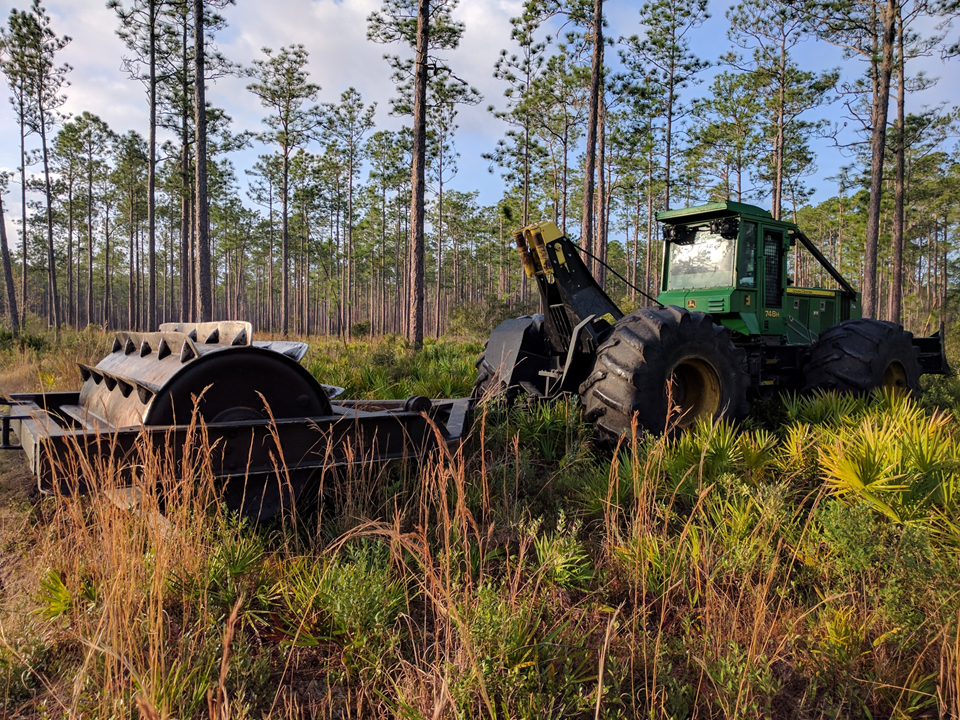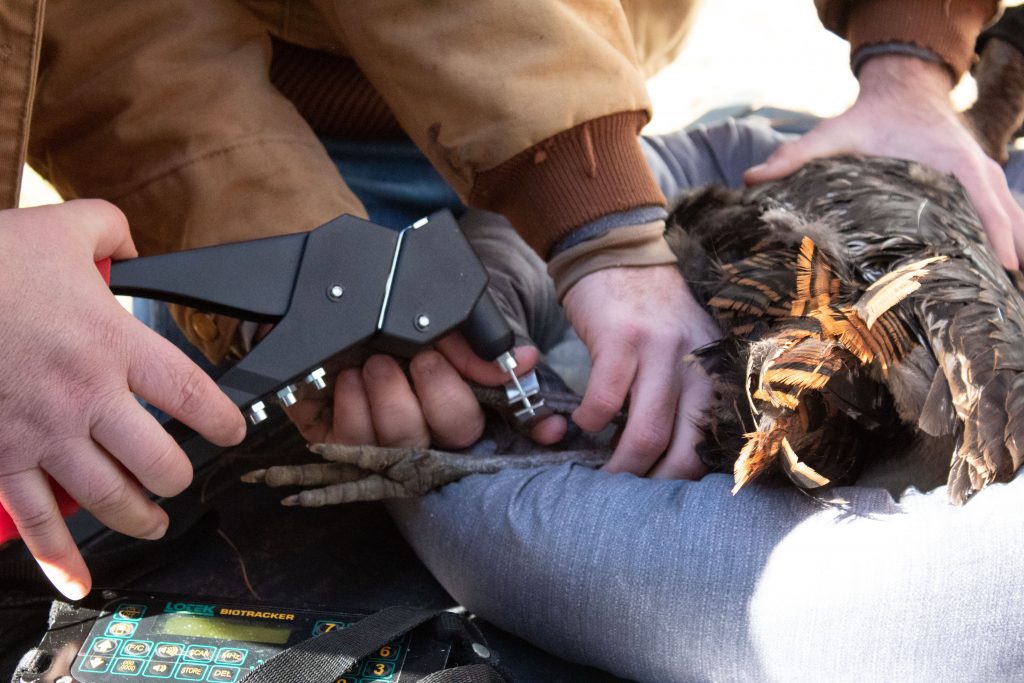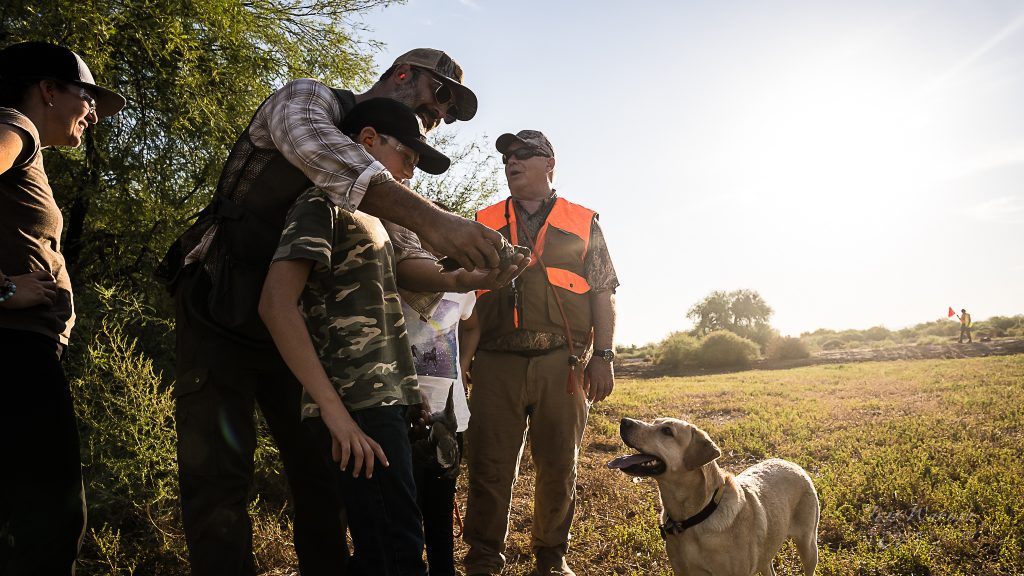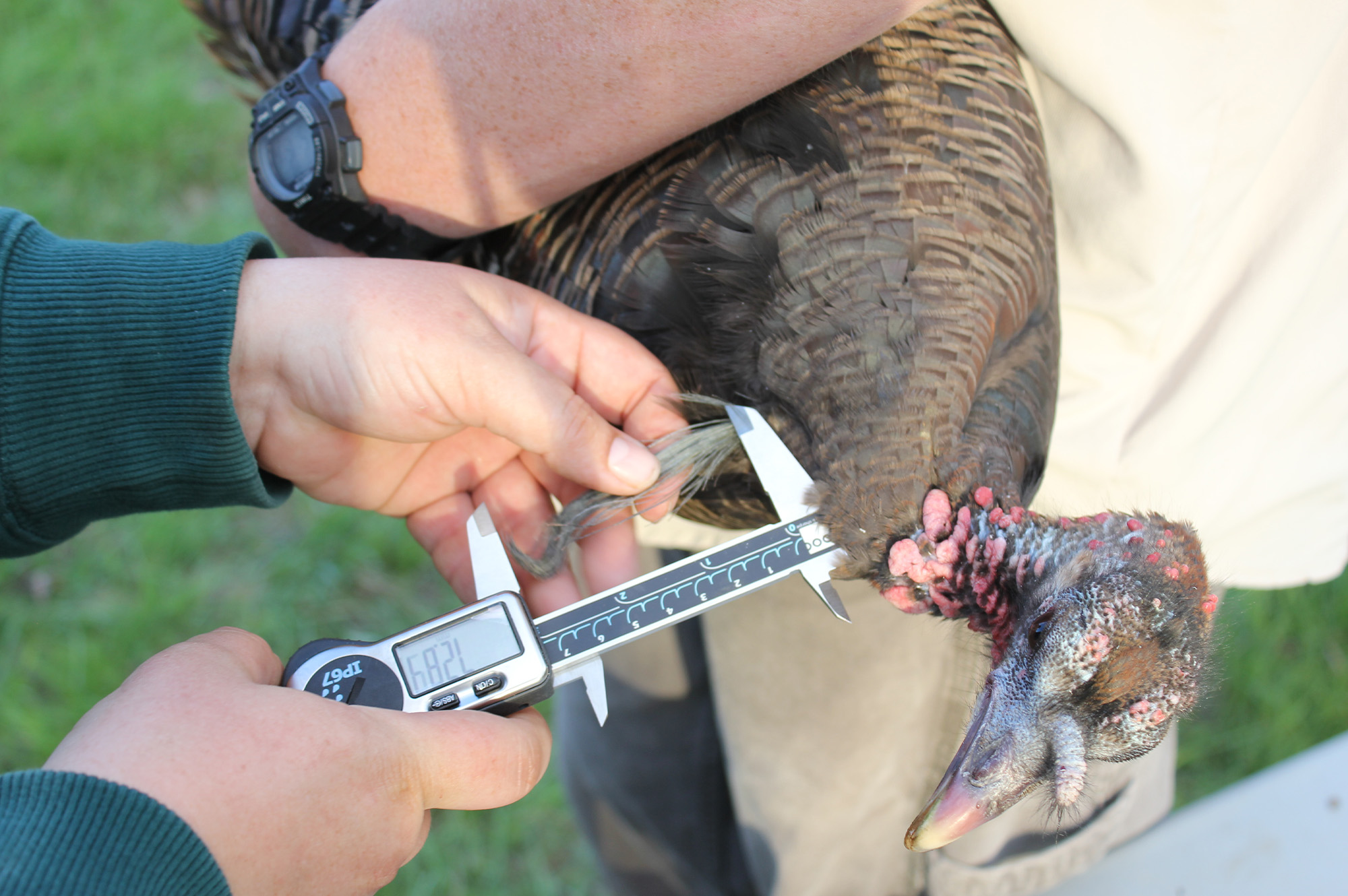NWTF’s Conservation Comes in Many Shapes and Sizes
Management to improve forest health, research that addresses wild turkey declines, work done to enhance water availability and quality, hunting heritage programs, seed programs – how the NWTF delivers its mission comes in many different forms and benefits the entire landscape, but they all point back to the wild turkey.
The wild turkey is an icon of conservation; that is, the work done to conserve wild turkeys has many conservation benefits to the overall health of an ecosystem. Likewise, the work done to solve pressing conservation challenges, in turn, benefits wild turkeys. This allows the NWTF to stay true to its mission while increasing the scale and scope of its work. This is a win for all who love the outdoors.
This cross-boundary, landscape-scale approach is evident in the NWTF’s Four Shared Values: Clean Water, Healthy Forests and Wildlife Habitats, Resilient Communities and Robust Recreational Opportunities.
By identifying these values that it shares with so many like-minded organizations, agencies, companies and nearly all Americans for that matter, the NWTF can amplify its mission to unprecedented heights, empowering the organization and its volunteer to conserve the wild turkey and preserve North America’s hunting heritage into perpetuity.
Below are some pieces of the puzzle that represent NWTF’s conservation delivery.
Habitat Improvement/Forest Management

The NWTF can touch on all of its Four Shared Values by managing forests for health and wildlife habitat.
Science-based forest management techniques include selective logging, mastication, timber stand improvement, tree plantings and prescribed fire, among others. When done on a landscape scale, this work diversifies forest structure, reduces tree densities, improves water quality and quantity and reduces vegetation that can increase catastrophic wildfire risk.
There’s a great quote by Gifford Pinchot, who founded the USDA Forest Service in 1905: “The relationship between forests and rivers is like father and son. No father, no son.” Healthy forests are paramount to enhancing water sources that people and wildlife rely on. Forest management contributes greatly to this.
Likewise, proper forest management makes inevitable wildfires less catastophic and opens the forest floor to sunlight, promoting the growth of native grasses and forbs, which in turn create excellent habitat for wild turkeys and a suite of important wildlife. It’s a win-win.
The NWTF expends significant resources into creating healthy wildlife, promoting forest and watershed health, while at the same time addressing the conservation challenges of the day. As the NWTF approaches its 50-year anniversary, the organization has just reached the milestone of conserving or enhancing over 22 million acres of wildlife habitat.
Learn more about the NWTF’s Four Shared Values here.
Wild Turkey Research

The NWTF is actively engaged in the ongoing science and research investigating complex and multifaceted issues related to wild turkeys.
Since the organization’s inception, the NWTF has contributed over $8 million to crucial wild turkey research projects. Recently, the NWTF unveiled $360,000 for funding crucial wild turkey research projects. Overviews and summaries of these new research projects can be found here, as well as the ability to donate funds to the next batch of wild turkey research projects the NWTF helps fund.
The NWTF also supports and helps coordinate the National Wild Turkey Symposium, bringing together the greatest minds in wild turkey research to gather and share their findings. The research that has resulted from this consortium of agencies, academic scientists and NWTF biologists has driven wild turkey management across the country and is the core science responsible for the comeback of the wild turkey and addressing the declines we are experiencing in some areas. The NWTF co-hosted the 12th symposium in June 2022 and recently announced the next meeting in 2025.
Policy

The NWTF’s engagement at the policy and rule-making levels is vital to delivering its mission. NWTF staff work with its volunteers, partners and policymakers to identify and engage on issues that impact wildlife management, land conservation and hunting rights. Working alongside state- and federal-level legislators and agencies, the NWTF can encourage laws and regulations that protect and bolster the rights of hunters and ensures the ability to deliver conservation effectively and efficiently on the landscape.
On Capitol Hill and at capital buildings across the nation, the NWTF advocates on behalf of federal land management partners, such as the Forest Service and the USDA Natural Resources Conservation Service, the U.S. Fish and Wildlife Service and the Bureau of Land Management, to better fund forest and grassland restoration and reforestation efforts. Those efforts directly impact wild turkey habitat while also bolstering the NWTF’s Four Shared Values.
Outreach

Hunting and the outdoor lifestyle is a foundational element of America’s history. Providing sustenance, living off the land and connecting with nature the way our ancestors did is our heritage, and we must preserve it. To conserve our natural resources and preserve our hunting heritage, the NWTF is entrenched in recruiting, retaining and reactivating new hunters.
The NWTF has invested in hunter recruitment for decades with programs like Women in the Outdoors, JAKES and Wheelin’ Sportsmen. Events are hosted by NWTF chapters, facilitated by volunteers and held in partnership with federal and state wildlife agencies, other conservation organizations and the outdoor industry. This timeless mission and unwavering commitment has led the NWTF to become one of the premier organizations in the fight to advocate for hunters’ rights, including work at both a state and federal policy level, while ensuring Americans increasingly have access to their public lands.
The NWTF’s conservation delivery, in its multitude of forms, exemplifies how the NWTF is growing its impact while staying true to its mission. The NWTF’s conservation touches on so many areas of our everyday life that make the world a better place. By taking a landscape-scale approach to its mission, the organization continues to leverage and grow more partnerships with others that care deeply about our natural resources, significantly bolstering our mission to conserve the wild turkey and preserve our hunting heritage.
